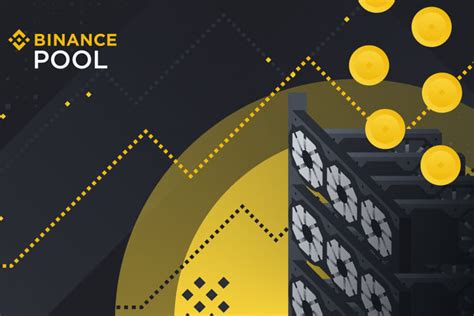Complexity of Selfish Mining Ethereum
Selfish mining refers to the practice of a single unit or unit group trying to manipulate the ethereum Network, dominated by its extraction, or without Considering Greater Benefits. The Idea That Selfish Miners Can Increase Their Block Reward Compared To Honest Miners is Widely Analyzed in The Ethereum Design Context.
Ethereum Mining Basics
Ethereum’s Proven Work Unanimity Algorithm is based on hash clashes that make it exensive in Computing to Find a Valid Solution for Block Dough. The Miners First Compete to Solve This Dough, and the Winner of the Blockchain Adds The Block Head. The Block is then divided between the miners that solved the dough before them.
Selfish Mining: Challenge for Ethereum Centralized article
In Traditional Mining Pools, Participants Work Together to Decentralize the Dough. However, one entity or entity group can dominate selfish mining scenarios, controlling a significant part of the computing power. This concentration of resources gives them Dishonest Advantages on Other Miners.
Cornel’s Main Findings
In My 2020 article, “Does self -mining give Benefits?” The Authors of Ethan Wrenn and Benjamin Zito Widely Investigated the Impact of Selfish Mining on the Reward Coefficient of Ethereum Blocks. Here are some key points from their study:
1
Lock Requirement Ratio: in a selfish mining scenario, one miners’ unit’s reward ratio to honest miners is significant higher.
- Computing power:

Self -miners can accumulate and use enormous computing power, which gives them a significant advantage to solving the dough.
3
Difficulties: Selfish Miners Canipulate the Dough Difficulty, Allowing them to avoid a Possible Increase in Reward for Honest Miners.
Economic Impact
The Economic Impact of Selfish Mining is also important:
1
Block the Distribution of Rewards: Concentration of Computing Power and Resources in Selfish Mining Scenarios Lead to Uneven Reward Distribution Among Honest Miners.
- Stimulation: Selfish Miners Are Likely to Invest in Time, Resources and Computing Capacities, Creating A Self -Service Cycle That Benefits Them at the Expense of Other Miners.
Conclusion
While the Idea of Selfish Mining That Gives Benefits Can theoretically Seem Attractive, its Practical Impact on the Ethereum Decentralized Ecosystem is Far -Reaching. Concentration of Computing Power and Resources in Selfish Mining Scenarios Can Cause A Significant Economic Effect, Such AS:
- Uneven Reward Distribution Between Honest Miners
- Reduced Incentive for Honest Miners to Participate in the Network
- Increased Risk of Centralization and Reduced Decentralization
Cornel Paper Provides A Valuable Insight Into The Complex Dynamics of the Selfish Mining on Ethereum. As the Network Continues to Develop, IT is important to Address these Issues Through Design Adjustments That Promote Justice and Decentralization.
Sources:
Wrenn, E., & Zito, B. (2020). Do Selfish Mining Give Benefits? Cornel University.
